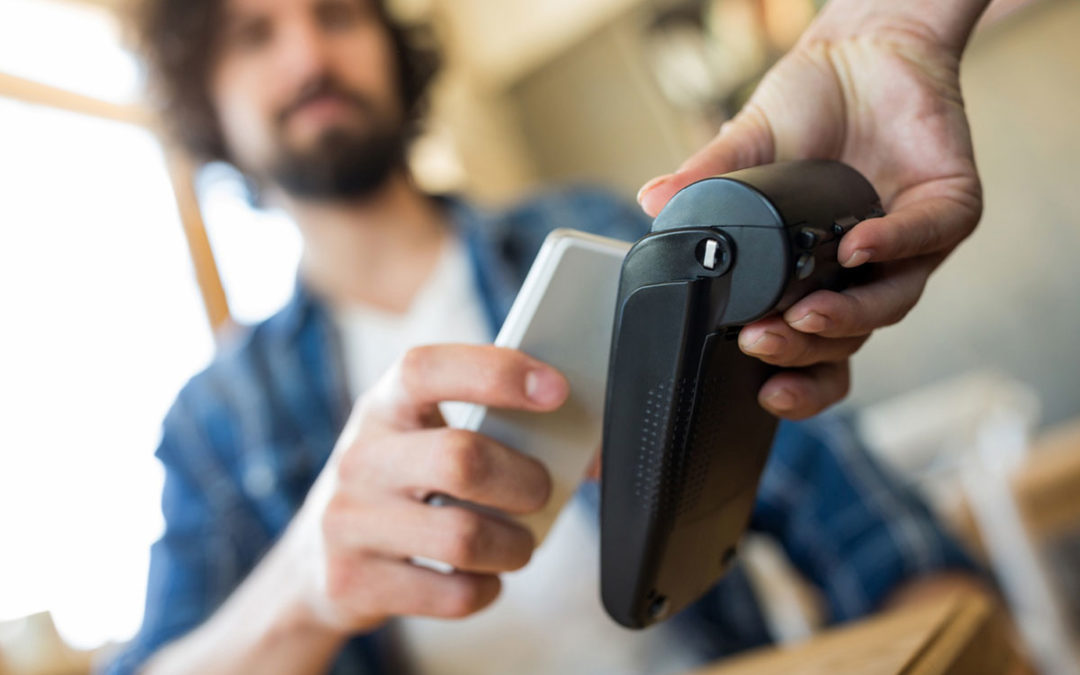With Covid-19 increased cases, the burden on the hospitals has also increased. The hospitals are today in shortage of staff to take care of medical assets, devices and more. With the advantage of RFID-enabled technology, hospitals can easily track their devices, medicines, inventory, and patient needs in these busy times. The tiny tags have significant potential. They are wireless and can identify and track assets and equipment present anywhere on the premises. As the people’s health emergency and pandemic continue, RFID technology can be a great approach to improving the healthcare system.
Better Management of Protective Covid Assets
Scrubs, for instance, were hoarded by some hospitals during the covid peak times, causing a shortage of inventory. What if the scrubs were distributed via machines and cabinets? They could be tagged with RFID trackers to track their whereabouts so that the hospitals can manage the inventory, save money and time, and improve safety. The distribution of protective covid assets such as PPE kits, masks or scrubs, will be better, and the staff won’t be rifling to get their sizes or hoarding them for future purposes. The machine will also be required to return an equal amount of assets to sterilize so that there would be no shortage or low stock of such essential protection gears.
Ensuring Hand Hygiene Protocols Are Followed by Staff
We cannot lay enough importance on how much hand hygiene is required in these unprecedented covid times. While the common people need to wash their hands, the staff working in the hospital need to wash their hands even more, to keep the virus at bay. Only then, these warriors can save the common people from Covid-19. Is there a better method? Yes, RFID trackers to see whether the staff is adhering to this imperative practice. Installing an RFID reader that can read tags on healthcare workers can help the organization determine whether the procedure is being followed. Leadership teams can use the data to track when and how offering the staff are washing their hands.
Identifying Delays and Efficiencies at COVID-19 Testing Sites
COVID-19 testing sites should be efficient to test a million cases in a short time. But, when the patients have to wait for long hours due to missing devices or assets, it can get frustrating. Better inventory management is the answer. RFID can be a fat busy mobile testing site. By tagging the specimens and supplies, the teams have a better knowledge of the whereabouts of in-demand equipment, medicines and other items.
Precise Temperature Monitoring of Vaccines
With the vaccines roll out, the relief among the patients, common people and healthcare workers are great. But, we forget it also brings challenges to store it. Most vaccines need minus 50-70 degrees celsius. When vaccines reach a facility, RFID tags with sensors ensure that the critically essential suppliers are kept at the right temperature, so no single dose gets wasted.
Data Collection to Enable COVID-19 Contract Tracing Efforts
Tracking covid contracts at hospitals is also necessary. If one employee’s contracts covid-29, the administrators must know from where and how the contract happened. To get this information, RFID badges or wristbands can be used to track employee movements. It is a great way to map an outbreak. The RFID experts or administrators can review the data to know about the person’s records and see who they contacted.
Self-Guided Temperature Screening for Healthcare Employees
The hospital can also equip its employees with RFID-based temperature-scanning fobs. When these employees come to the hospital for their daily duty, they can use the assigned fobs to measure the temperature. Employees with fevers may not enter the building. Using these fever detection technology can help contain the virus and also expedite the treatment process.
Thus, RFID solutions do improve safety during covid-19!

